For someone who has spent most of her professional life writing comedy, Liz Feldman, creator of Dead to Me, has had death on her mind for a long time. The Emmy winner wrote jokes for Ellen Degeneres for several years, including for her Oscars hosting gigs, and has been in the world of television since Nickelodeon hired her at the age of 18. With the third season of her hit Netflix show hoping to start filming soon, she sat down with Patricia Danaher to chat about death, the universe, and everything.
Danaher: Can you reflect a little bit about death — pre-pandemic. Was it something that you’ve given a lot of thought to?
Liz Feldman: I think it is our great unknown. It is the thing in life that nobody has the answer to. Nobody can really say what happens or why. And it’s one of those existential questions that I think we all grapple with. And for me, the way I write is to process what I’m going through at the time. And for example, Dead to Me came out of this time in my life where I had turned 40, and on the day I turned 40 my cousin passed away unexpectedly. He was 50. And already when you’re turning 40, you’re facing sort of this strange midlife [crisis]. “It’s half over. Who am I? What am I?” And for that death to happen on top of that, it was pretty earth shaking.
Danaher: So death was already on your mind when you created Dead to Me.
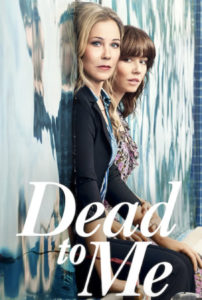
Feldman: I didn’t even mean to create Dead to Me. It really came out of a place of being in grief and trying to make sense of these losses that I had experienced and then being shoved up against a wall and forced to come out with an idea. [It] came out of a meeting where I thought somebody was going to pitch me something and then I sat down and they were like, “What do you have?” And I had nothing, because I was a week out of my cousin’s funeral and I was struggling, frankly. And out of nowhere, or I guess somewhere between the ether and my deepest part of me, came this idea of a widow who goes to a grief group and meets a woman who also lost her guy, except he didn’t die. He just broke up with her. And that’s where the show comes from.
Danaher: Would you say it’s been a healing process in terms of trying to understand this ultimate mystery of existence?
Feldman: Boy, watching it be lived out over and over again by incredible actors is a really interesting way to process your own stuff, because there have been moments where I’m sitting there watching the monitors and I’m watching either Linda Cardellini or Christina Applegate do their thing, and I have to walk away from the video village and just from people, because I’m having a moment where I realize, oh, this is like expressing something from very deep inside of me, and I didn’t even realize it until I watched it be played out. And there were definitely moments like that in both seasons, where I had to separate myself and have a moment, but in having that moment, I have a catharsis, and that can be very powerful and also just relating to both actors and letting them understand where the stuff comes from and telling them a little bit about what we’re trying to say.
Danaher: When you were writing the show, did you have an audience in mind? Did you think you would appeal to women, or was that part of your thinking when you were approaching the subject and the show?
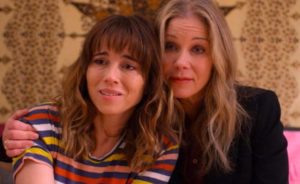
Feldman: Yeah. It was, because I come from many years in network television where we were primarily aiming for as wide an audience as possible. And you really couldn’t target, you had to just hope that as many people as possible would watch it. So given the opportunity to be a little bit more targeted in our approach, I thought, yeah, I wanted sort of middle-aged women to watch it. And in a million years didn’t think that men would take to it. I just wasn’t thinking about it. It wasn’t really for them. And so I think after that first season premiered and it seemed like lots of different people were watching it, nobody was more surprised than me. My 12-year-old niece, big fan. I didn’t think children would watch it, but they do, which is interesting.
Danaher: And nobody is more surprised than yourself at how it has fanned out, in that sense.
Feldman: I came up with the show in this weird little bubble to pitch to producers, and they didn’t want to do it. I came up with the entire show and then they passed on it. So I thought, “Well maybe I should still try to do it somehow, even though it’s such a weird concept and not like things I’ve done in the past.” And my biggest wish was maybe I’ll sell it and they’ll pay me to write the pilot. And maybe somehow it’ll get picked up, but it will be like one of those teeny tiny shows with a cast of really talented but not very well known actors. And maybe it will sort of fly under the radar and I’ll get to sort of see if I can do this kind of thing. And so that it has ended up being what it is has really, truly been a surprise to me.
Danaher: What are you going to do in season three with the pandemic?
Feldman: Great question. Our approach has been, as it always is, how do we take sort of a collective feeling and make it not only universal, but kind of timeless? Because I like to think of the show as an evergreen show, not a current, ripped-from-the-headlines kind of show. You could hopefully watch the show 20 years ago and it would still make sense to you. Not that that’s a possibility.
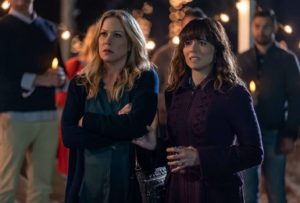 So what we tried to do last season was sort of harness the feelings that we were having while not necessarily doing a story about child separation at the border. But we did a story about how important mothers are to their children. We did a story of what happens when you lose your mother. And it’s certainly just a little bit more nuanced than it is literal.
So what we tried to do last season was sort of harness the feelings that we were having while not necessarily doing a story about child separation at the border. But we did a story about how important mothers are to their children. We did a story of what happens when you lose your mother. And it’s certainly just a little bit more nuanced than it is literal.
I think this time around, we’ve talked a lot about the feeling of being stuck and the collective anxiety of this sort of existential threat looming. So we’re kind of working from that place rather than doing a literal story about Jen and Judy working through COVID. I don’t think anybody really wants to see that.
Danaher: How has the pandemic affected the production in a more practical sense?
Feldman: Right now it’s very difficult to be in production in Los Angeles. So, we don’t exactly know when the show will premiere. So keeping it evergreen is important now more than ever. I talk about this with my friends and writers all the time that we don’t even really understand what we’re going through yet.
Danaher: Do you think in some way, season three will have a deeper thing about bigger forms, not bigger forms of death, but more waves of death. Is there anything in the writing of that that reflects it without necessarily talking about COVID or pandemic, or that locks it into 2020?
Feldman: I will only say that we continue exploring the themes of grief and loss. And that’s all I’m going to say because I don’t want to give anything away. And the truth is, also, things can change. because I’m hoping that we’ll get to shoot this show soon, but who knows. You know what I mean? The way in which things are going right now, it doesn’t feel super safe to start up a production. And at this point, I’m open to just sort of living through this and seeing how that maybe informs a little bit of a shift in part of our story. I don’t think we can afford to be rigid in that way. I think we have to be sort of open to whatever happens. And if for some reason we can’t shoot for a few months, that might shift something in our story. I don’t know. I hope that get to do it as written, but we’ll see.


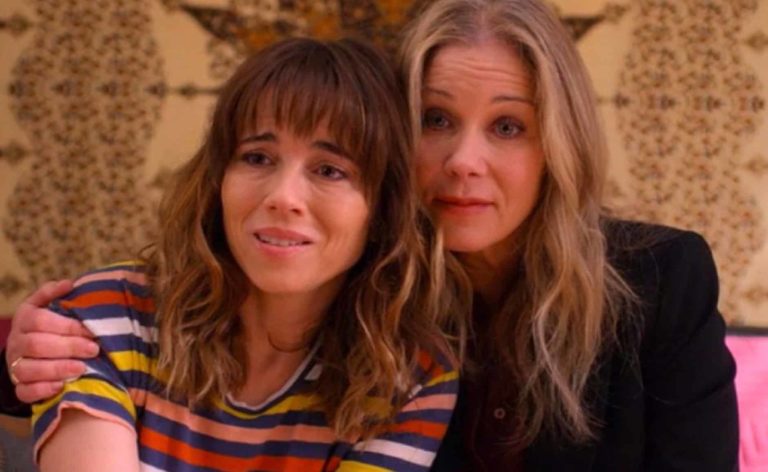
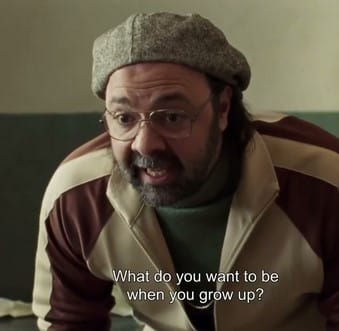
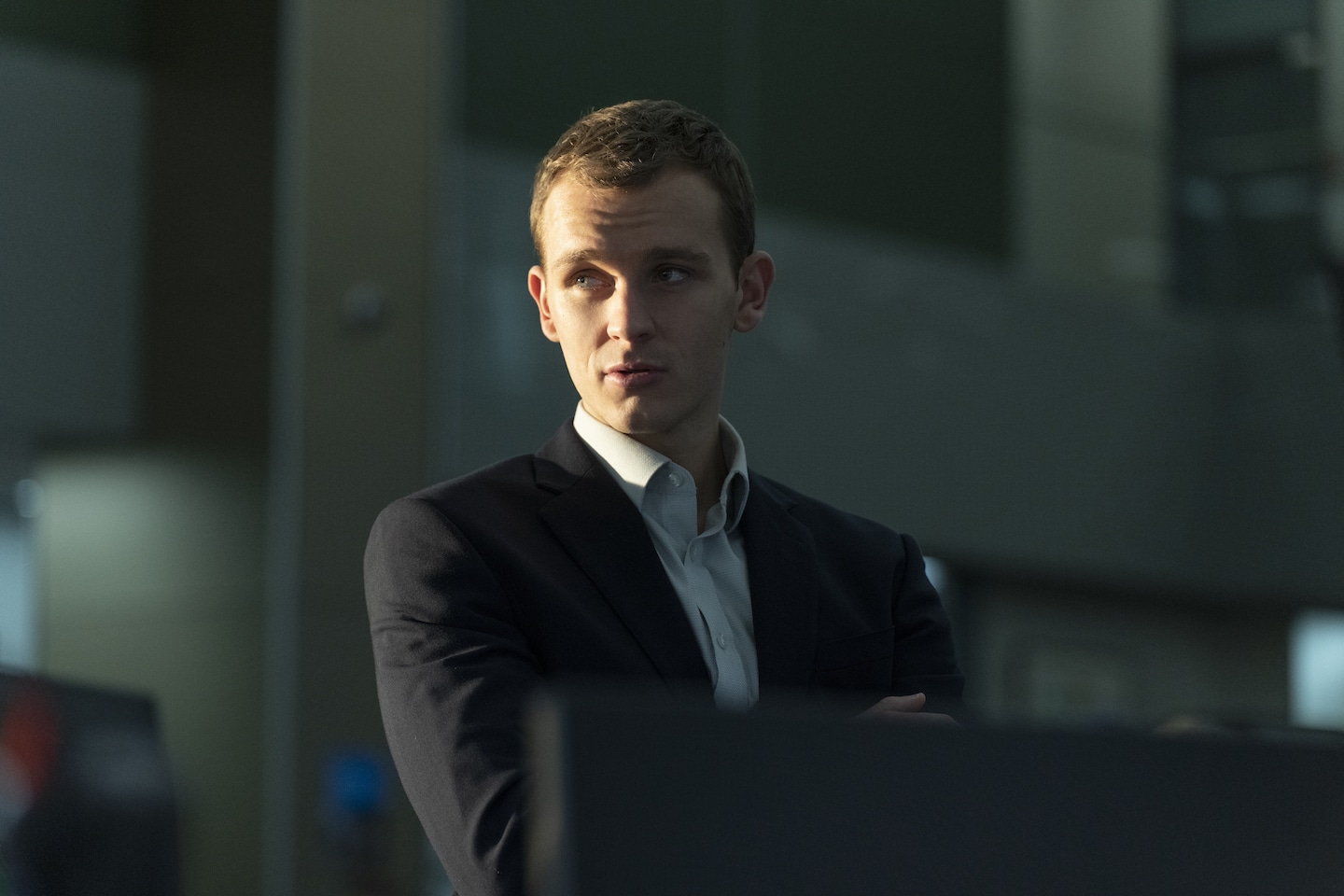
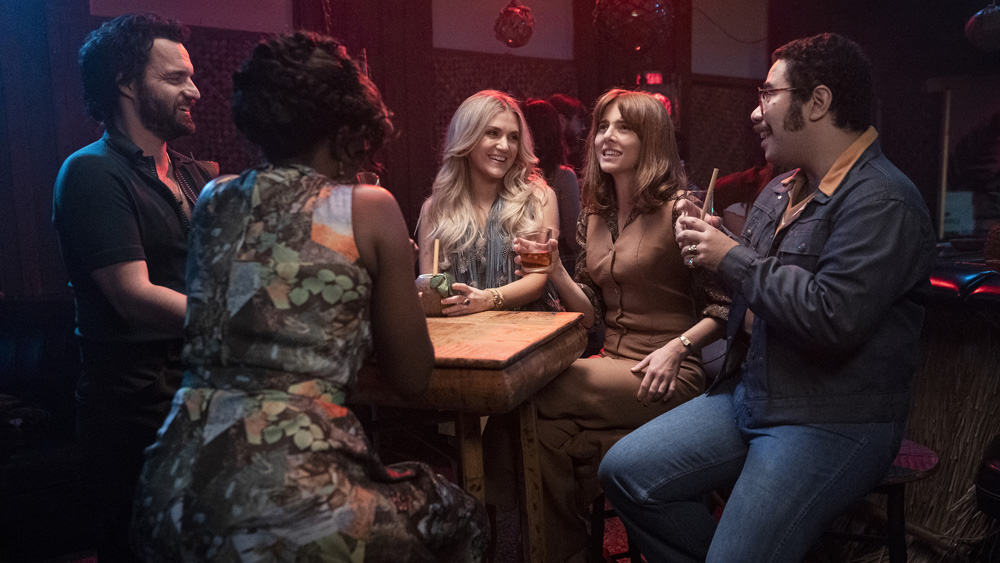
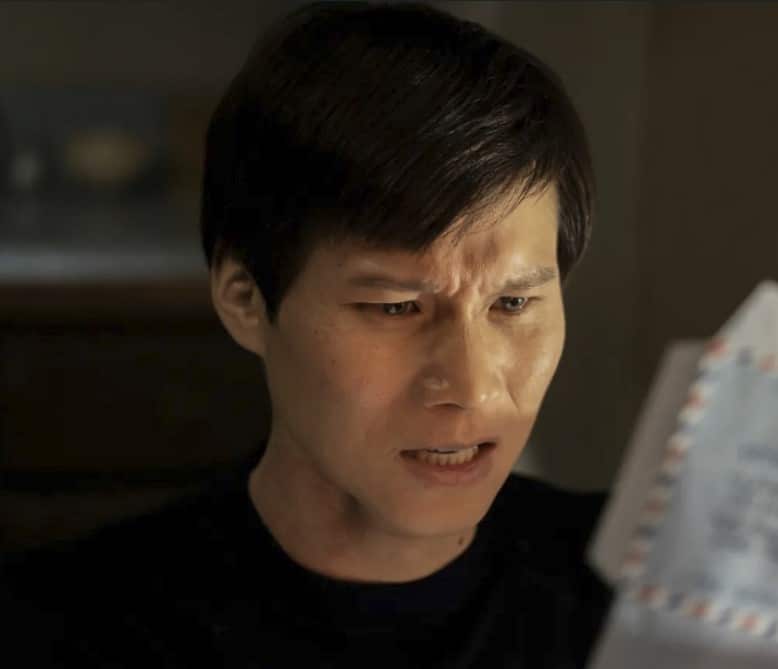
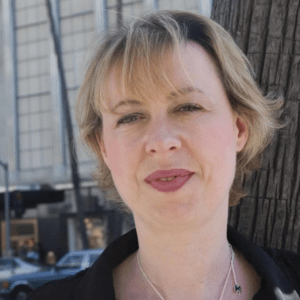

Start a watercooler conversation: